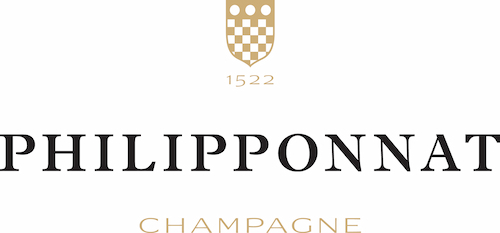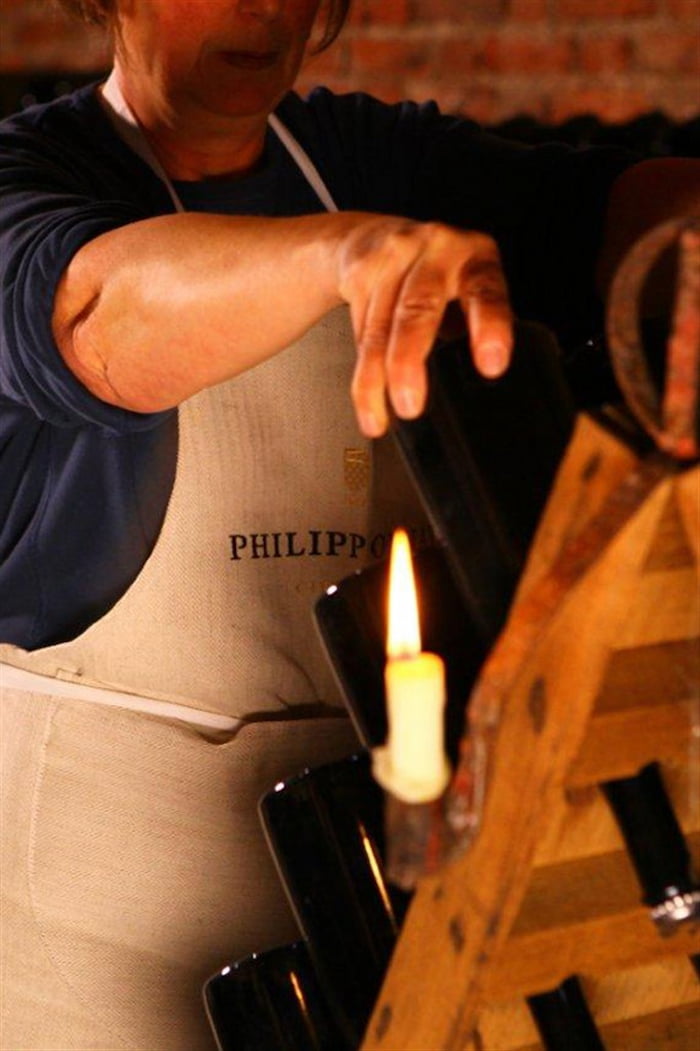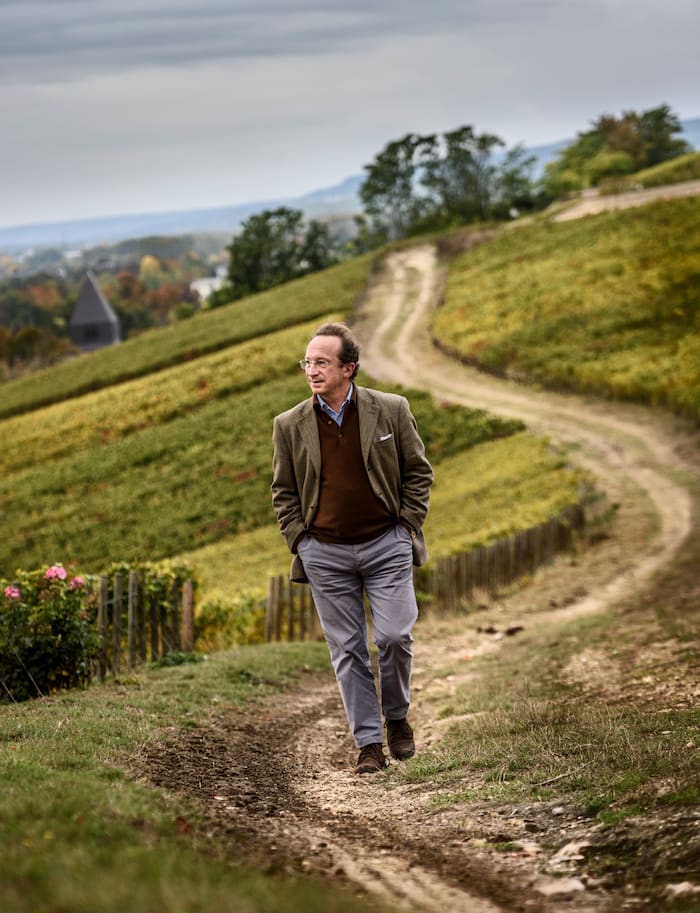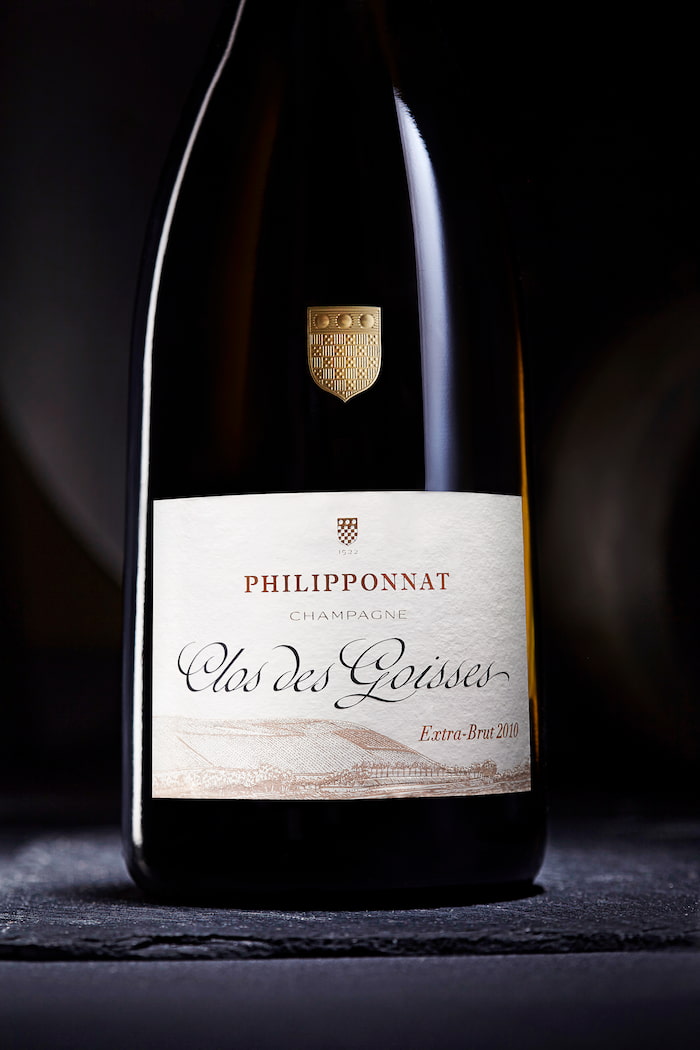|
You are using an insecure Internet browser
Navigateur internet non sécurisé
您在使用不安全的网页浏览器。
|
||
|
We have noticed that you are using Internet Explorer which is an outdated and insecure Internet browser. Please use one of the browsers below for a safe and optimal experience on our website.
Nous avons remarqué que vous utilisez Internet Explorer, qui est un navigateur internet obsolète et non sécurisé. Nous vous recommandons d’utiliser à la place l’un des navigateurs ci-dessous pour une expérience sûre et optimale sur notre site.
我们注意到您使用的Internet Explorer是过时且不安全的网页浏览器。请使用以下任一浏览器,在我们的网站上获得安全及最佳体验。
|
||
| Edge | Firefox | Chrome |





© 2024 Copyright – Le Club FICOFI® | Design by OLC
This website uses cookies to ensure you get the best experience on our website as specified in our Cookie Policy. You can consent to the use of such technologies by clicking on “I agree”.